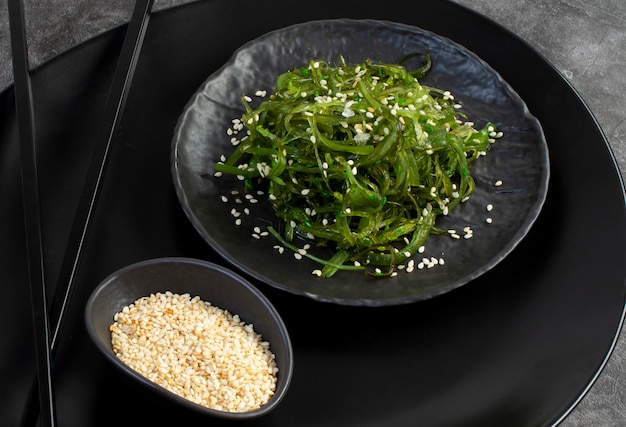
If you’ve been keeping up with health food trends, you might have noticed the rising popularity of algae supplements. But what exactly are they, and should you consider taking them? Let’s dive into the pros and cons of algae supplements to help you decide if they’re a good fit for you.
Algae supplements are made from spirulina, a type of blue-green algae packed with nutrients like protein, vitamins, minerals, and antioxidants. Many people believe that these supplements can boost overall health due to their rich nutrient profile.
Spirulina is found in freshwater environments like lakes, ponds, and rivers, and is often available in powder or tablet form at health food stores. Its nutrient density makes it a great option for filling nutritional gaps in your diet. If you’re not getting enough vitamins and minerals from your meals, an algae supplement might help. Plus, spirulina is a good protein source, which can be beneficial if you’re looking to increase your protein intake.
The use of algae supplements dates back to the early 1970s when NASA explored spirulina’s health benefits for astronauts on long missions. They discovered that spirulina was a fantastic source of nutrients, antioxidants, and protein, and began incorporating it into astronaut diets. Since then, algae supplements have gained popularity among health enthusiasts and are now considered one of the most nutrient-rich food sources.
Often marketed as a ‘superfood,’ algae supplements are praised for their potential health benefits, such as boosting energy, enhancing cognitive function, supporting immune health, reducing inflammation, improving cardiovascular health, and aiding weight loss. However, it’s important to note that these claims aren’t fully supported by scientific research yet, and more studies are needed.
While generally safe, algae supplements do come with some risks. It’s crucial to choose a high-quality, contaminant-free product. Look for spirulina supplements that are third-party tested and certified organic, and buy from reputable brands that offer a money-back guarantee.
Most spirulina supplements suggest taking one or two capsules daily. It’s best to start with a lower dose and gradually increase it. If you experience any adverse reactions, stop taking the supplement and consult your doctor.
Pregnant women and young children should avoid spirulina supplements due to potential allergic reactions and heavy metal contamination risks. If you’re considering algae supplements, talk to your doctor first and ensure you select a high-quality product.
Have you tried algae supplements or spirulina? What was your experience? Feel free to share your thoughts!












































